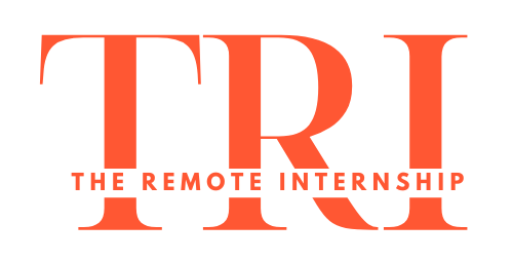For some it could be the interview stage, for others perhaps the most complex is the psychological tests. What if the problem is you?

The mere fact of knowing that you have to undergo a selection process to aspire to a position makes the candidate feel some anxiety at first. However, the difficulty of facing each stage of the process depends on the applicant.
It’s true. Employers put tests in the different phases of the selection process that allow them to really choose the most suitable candidate for the position they need to fill. Some tests, of course, may be more complex than others, but in reality, the difficulty is put by the applicant when he aspires to vacancies that do not fit his profile or, for example, when from the beginning he is not sincere with his abilities, knowledge and experience.
For Cristina Herrera, manager of Talenti, “nowadays all the steps in a selection process are demanding and difficult. Companies are looking to have as much information as possible about the candidate they are going to hire and there is a lot of competition.”
Herrera recommends that applicants must be willing to participate in each step, prepare correctly, and have patience since not always the speed with which things happen are what the person would like.
In a traditional selection process, applicants will have to face interviews and evaluations both individually and in groups, technical and psychological tests and, in the same way, safety studies.
You can pass and stand out in most stages of the selection process, but if the safety study does not go well, you can be discarded and not be hired.
“If the candidate is not prepared correctly, and if he is not completely honest from the beginning of the process, surely the results will not be positive,” Herrera conditions.
For these reasons, the best advice so that the selection process does not torment you are, in the same degree of importance, investigate the company, be as clear as possible about the functions of the position and why you can perform them. In addition, support your strengths (soft skills and competencies) and adequately explain your areas of development.
It is also positive to have clear and interesting examples of your achievements, study the resume, have clarity of what you have done and when you did it. And have identified your expectations, that is, what you are looking for in a new job, why you are interested in linking with the company, how much you would like to earn, and so on.
For psychological tests, for example, the recommendation given by the expert is that you be very honest, answer how you really are and not as you think the employer wants. “Nowadays candidates look for information on the internet where they explain how to answer some tests, and that is not something so recommended because the results can be distorted and, by following instructions, they may not be the best,” he warns.
There is no impossible selection process. The complex thing is to apply for vacancies that are far from your domains. If you are not prepared, the stages of the selection process can be a martyrdom for you.
Similarly, do not lie when talking about your knowledge in languages or software management, because at the time of performing the technical tests, you will sweat cold because you will not know how to prove what you said you knew.
“In the case of safety studies, which include background research, financial management, verification of studies and work references and, in many cases, polygraphs, the recommendation is to tell the future employer if there is a ‘difficult’ issue that must be known before it comes out in the study,” advises Herrera.
In short, the most important thing is that from the beginning you apply for vacancies that best fit your professional profile and, as a result, you will be less complicated selection processes.
The clear points
Carlos Augusto Forero, manager of SC ORGANIZACIONAL, says that the candidate can find it difficult to think about meeting the expectations of the position and, also, the moment of making the decision to accept or not the job proposal. However, he assures that what defines the hiring of the applicant is that he applies to the position for which he is really prepared. For him there are no difficult tests in a selection process.

